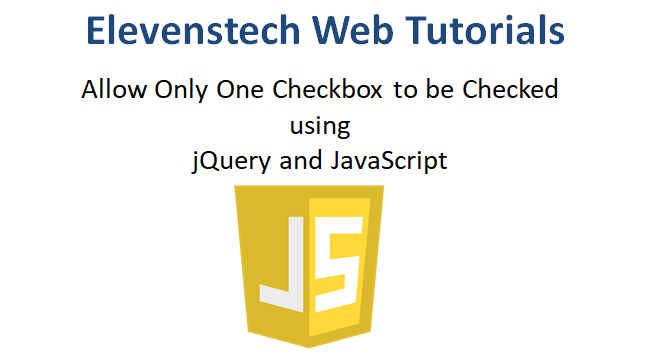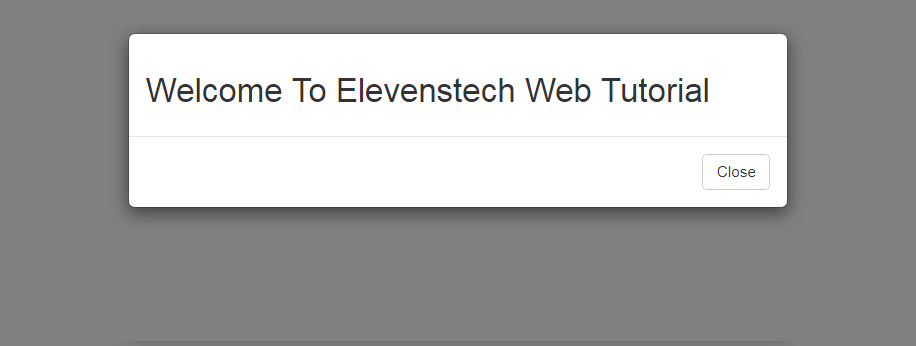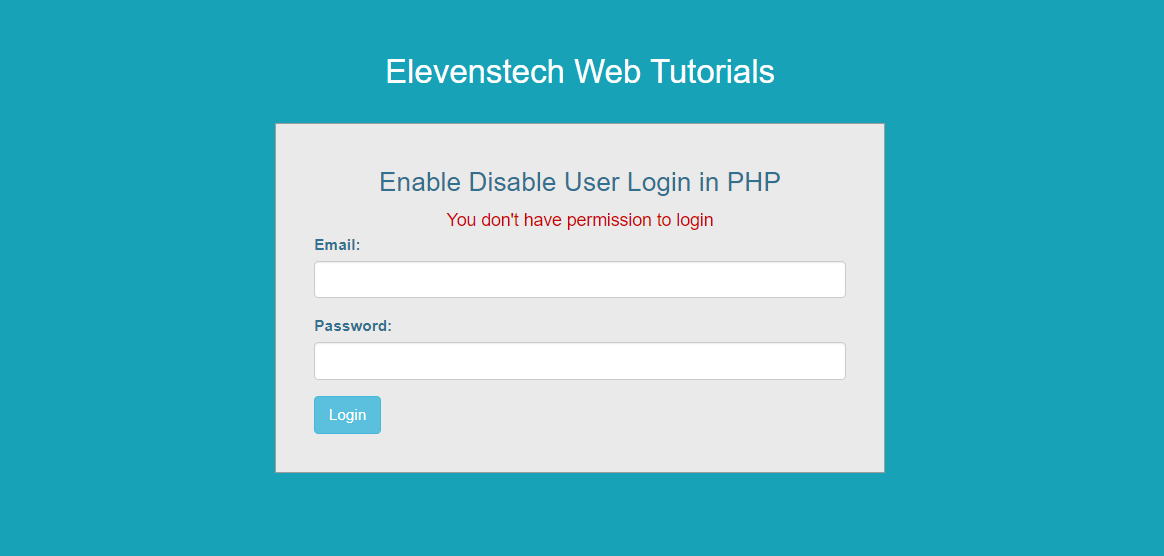PHP Tutorial
What is PHP Environment Setup of PHP PHP Syntax PHP Comments PHP Echo & print PHP Variables PHP Scope Variables PHP $ and $$ Variable PHP Constants PHP Operators PHP Data TypesPHP Conditional Statements
PHP Loop Type
PHP Arrays
PHP String PHP FunctionsPHP Form Examples
Form Intro Get & Post Form Validation / Required PHP Complete FormPHP Advanced
PHP Include / Require PHP Date & Time PHP Session PHP Cookies PHP File Handling PHP Open File PHP Read File PHP Write File PHP Append File PHP Delete File PHP File Upload PHP Sending Mail PHP Error HandlingPHP Data Types
Data Types define the type of data a variable can store. PHP allows eight different types of data types. All of them are discussed below. There are pre-defined, user-defined, and special data types.
The predefined data types are:
- Boolean
- Integer
- Double
- String
The user-defined (compound) data types are:
- Array
- Objects
The special data types are:
- NULL
- resource
PHP Boolean
Booleans are the simplest data type works like switch. It holds only two values: TRUE (1) or FALSE (0). It is often used with conditional statements. If the condition is correct, it returns TRUE otherwise FALSE.
<?php
if(TRUE){
echo "This condition is TRUE.";
}
if(FALSE){
echo "This condition is FALSE.";
}
?>
PHP Integer
Integer means numeric data with a negative or positive sign. It holds only whole numbers, i.e., numbers without fractional part or decimal points.
Rules for integers:
- An integer must have at least one digit
- An integer can be either positive or negative
- An integer must not have a decimal point
- Integers can be specified in: decimal (base 10), hexadecimal (base 16), octal (base 8), or binary (base 2) notation
- The range of an integer must be lie between 2,147,483,648 and 2,147,483,647 i.e., -2^31 to 2^31.
Example:
<?php
$dec1 = 34;
$oct1 = 0243;
echo "Octal number: " .$oct1. "</br>";
echo "Decimal number: " .$dec1. "</br>";
//Output:
//Decimal number: 34
//Octal number: 163
?>
PHP Double
Can hold numbers containing fractional or decimal parts including positive and negative numbers or a number in exponential form. By default, the variables add a minimum number of decimal places. The Double data type is the same as a float as floating-point numbers or real numbers.
<?php
$val1 = 50.85;
$val2 = 654.26;
$sum = $val1 + $val2;
echo $sum;
//Output : 705.11
?>
PHP String
A string is a non-numeric data type. It holds letters or any alphabets, numbers, and even special characters.
A string can be any text inside quotes. You can use single or double quotes:
Example:
<?php
$a = "Welcome to Elevenstech";
$b = 'Web Tutorials';
echo $a;
echo "<br>";
echo $b;
//Output:
//Welcome to Elevenstech
//Web Tutorials
?>
PHP Array
Array is a compound data type that can store multiple values of the same data type.
Example:
<?php
$list = array( 5, 10, 15);
echo "First Value: $list[0]\n";
echo "Second Value: $list[1]\n";
echo "Third Value: $list[2]\n";
var_dump($list);
//Output:
//First Value: 5
//Second Value: 10
//Third Value: 15
?>
PHP object
Objects are the instances of user-defined classes that can store both values and functions. They must be explicitly declared.
Example
<?php
class car {
function model() {
$model_name = "BMW";
echo "Car Model: " .$model_name;
}
}
$obj = new car();
$obj -> model();
//Output:
//Car Model: BMW
?>
PHP NULL Value
These are special types of variables that can hold only one value i.e., NULL.
A variable of data type NULL is a variable that has no value assigned to it.
Example
<?php
$num = NULL;
echo $num; // this will return no output
// return data type
var_dump($num);
//Output: NULL
?>
PHP Resource
Resources are not the exact data type in PHP. Basically, these are used to store some function calls or references to external PHP resources.
For example - a database call. It is an external resource.
Elevenstech Web Tutorials
Elevenstech Web Tutorials helps you learn coding skills and enhance your skills you want.
As part of Elevenstech's Blog, Elevenstech Web Tutorials contributes to our mission of “helping people learn coding online”.
Read More
Newsletter
Subscribe to get the latest updates from Elevenstech Web Tutorials and stay up to date

 Click to Join
Click to Join



